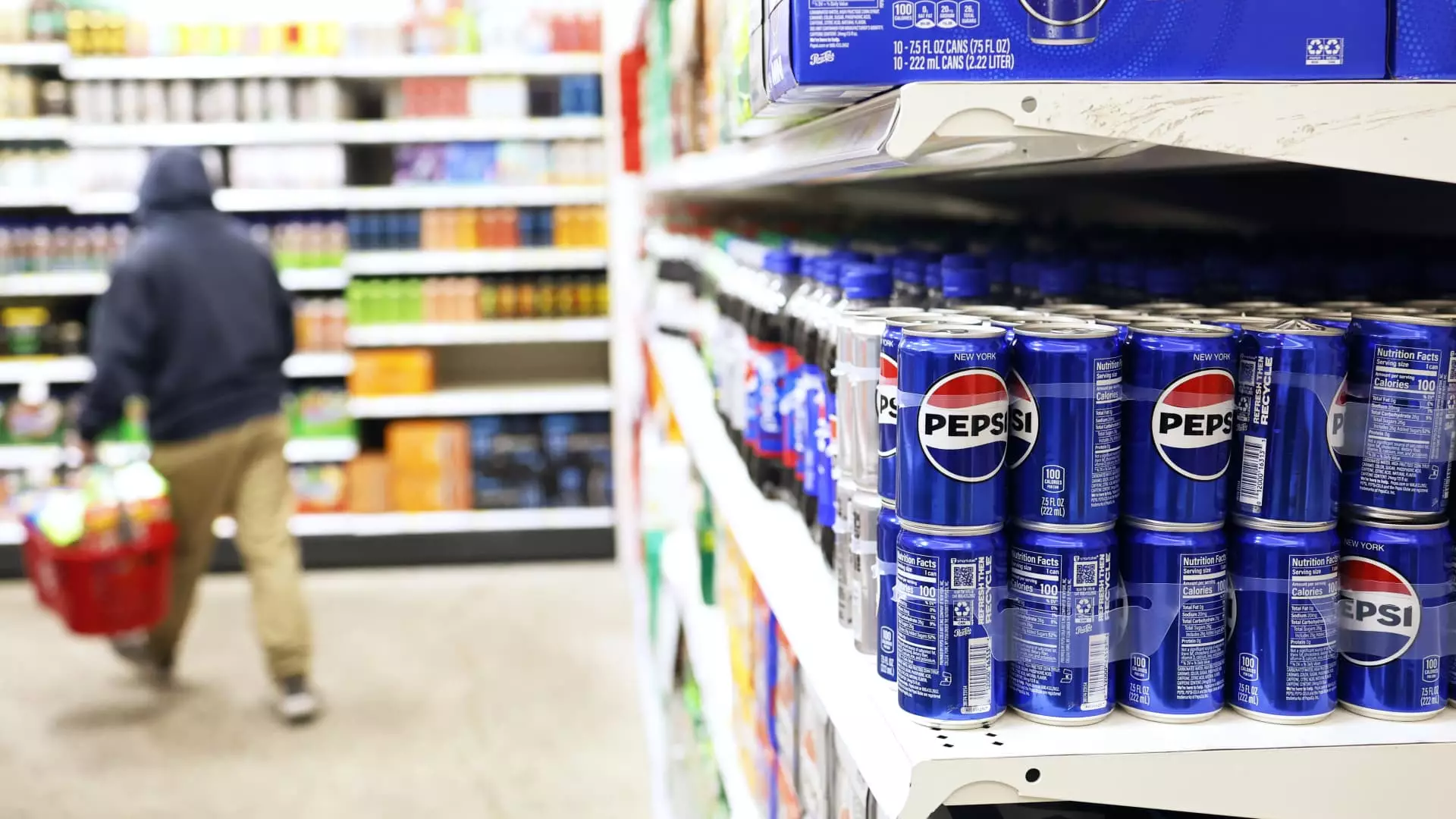In a significant move highlighting ongoing tensions in the retail landscape, the Federal Trade Commission (FTC) has initiated a lawsuit against PepsiCo for allegedly engaging in illegal price discrimination. This lawsuit, filed in the Southern District of New York, cites violations of the Robinson-Patman Act—a century-old law designed to level the playing field among competitors in the marketplace. At the center of the allegations is the claim that PepsiCo offered better pricing terms and promotional allowances to a specific retailer, which unnamed sources confirm to be Walmart, creating an uneven competitive environment.
The Robinson-Patman Act was enacted in 1936 with the aim of preventing sellers from engaging in discriminatory pricing practices that could harm competition. By offering more favorable pricing or promotional allowances to certain buyers, sellers could effectively drive rivals out of the market. This act’s relevance has waned over the years, particularly following the deregulation efforts of the 1980s when enforcement strategies weakened. However, recent attempts by the FTC to revive these regulations, as seen in its prior lawsuit against Southern Glazer’s, indicate a renewed focus on promoting fair competition in the marketplace.
PepsiCo has vehemently denied the allegations, asserting that its pricing strategies align with industry norms and practices. The company’s response underscores its determination to defend its practices in court, framing the FTC’s lawsuit as ill-founded and politically charged. By contesting these claims, PepsiCo aims to mitigate potential reputational damage and pave the way for continued competitive pricing strategies that benefit their customer relationships. Industry analysts are watching closely, as the outcome could redefine how beverage companies negotiate terms with large retailers versus smaller competitors.
This lawsuit also unfolds against a politically charged backdrop, as it arises just days before the transition to a new administration. Lina Khan, known for her aggressive stance on antitrust laws, has gained notoriety for her regulatory approach. With her departure and the impending leadership change at the FTC, how the new administration under President-elect Donald Trump will handle similar cases remains uncertain. Dissent from Republican FTC members regarding this lawsuit may foreshadow a shift in regulatory priorities that could impact not only PepsiCo but also other businesses facing scrutiny.
As the legal battle progresses, it is crucial to consider the broader implications this case may hold for the food and beverage industry and competition law. Should the FTC succeed, it could signal a revived commitment to enforcing antitrust regulations, leading to a more equitable market landscape for companies of all sizes. Conversely, if the court rules in favor of PepsiCo, it may embolden other companies to pursue aggressive pricing strategies without fear of detrimental legal repercussions. The outcome of this lawsuit could consequently reshape the competitive dynamics within the retail sector, influencing how companies interact with major players like Walmart and beyond.

